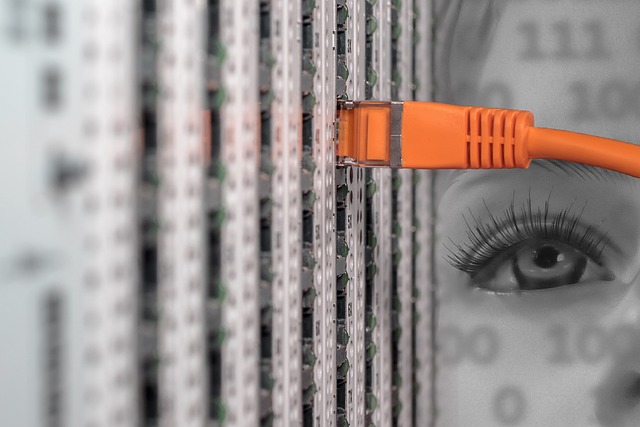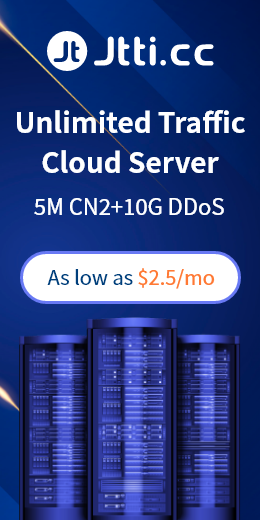Data security is critical for servers in Singapore, as it relates to user privacy protection, data breaches, trade secrets, regulations and compliance, data loss, business continuity, malicious attacks, user trust and more. Therefore, organizations and server vendors should make data security a top priority and take appropriate measures to protect data integrity and confidentiality. In Singapore servers, data protection measures usually cover the following aspects to ensure data security and privacy!
Data encryption:
Data encryption is a key data protection measure, including data transmission encryption and data storage encryption. The SSL/TLS protocol can be used to encrypt the transmission of data between the client and the server, while the data can be encrypted while stored on the server to protect the data from unauthorized access.
Access control:
Mandatory access control is a key step in ensuring that only authorized users have access to sensitive data. This typically includes authentication, authorization, and rights management so that administrators can properly authorize users and roles.
Audit and monitoring:
Real-time monitoring and auditing of data access activities can help detect potential threats and unusual behavior. The server should be equipped with appropriate monitoring tools and logging to detect and respond to security incidents in a timely manner.

Authentication:
Enhanced authentication measures, such as multi-factor authentication (MFA), can increase data security. MFA requires users to provide multiple authentication factors, such as passwords and mobile phone verification codes, in order to access sensitive data.
Physical security:
The physical security of the data center is one of the key factors, ensuring that unauthorized persons cannot physically access the servers. Physical security measures include access controls, surveillance cameras, biometrics, and more.
Backup and Disaster Recovery:
Establish an effective data backup and disaster recovery plan to ensure that data is not lost during a disaster event. Backup data should be tested periodically to ensure its availability.
Data classification:
Classify the data into different levels of sensitivity, and then take appropriate security measures based on the classification. This helps to focus resources and focus on the protection of high-risk data.
Compliance and compliance:
Comply with Singapore's Data Protection regulations and compliance requirements, such as the Personal Data Protection Act (PDPA), to ensure data processing complies with laws and regulations.
Education and Training:
Train employees and users to increase their security awareness and data protection best practices. The human factor is one of the common causes of data breaches, so training is key.
Update and Vulnerability Management:
Keep operating systems and applications up to date and perform vulnerability management to fix known security vulnerabilities. This helps prevent hackers from exploiting known vulnerabilities to break into the system.
To sum up, the data protection measures are comprehensive, including technical, physical and organizational security measures, and Singapore server providers will ensure the security and privacy of user data through multi-level security measures.

 EN
EN
 CN
CN









